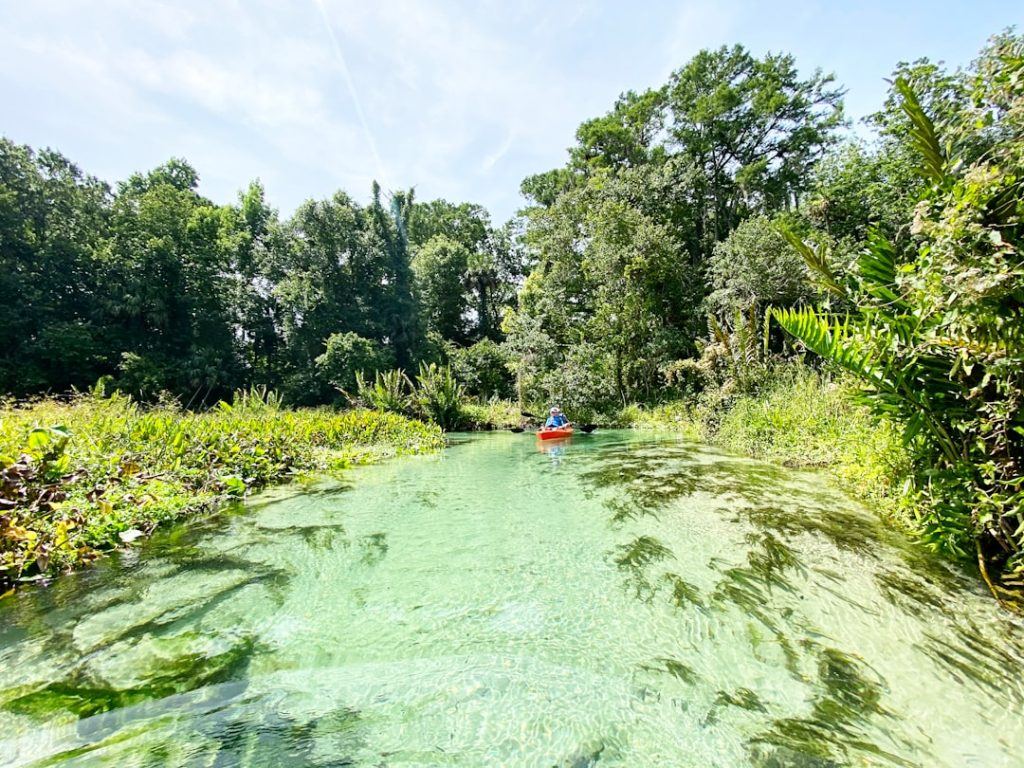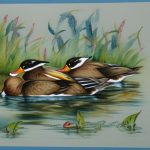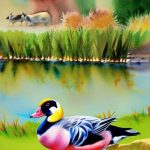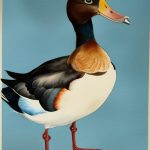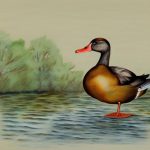Ducks have been a popular choice for poultry farming in Florida due to their adaptability to the state’s warm and humid climate. With a wide variety of duck breeds available, it’s important for farmers and enthusiasts to choose the right breed that can thrive in Florida’s unique environment. From the Mallard to the Muscovy, there are several duck breeds that have become popular in the Sunshine State. This article will explore the different duck breeds that are well-suited for Florida’s climate, their characteristics and traits, best practices for raising them, as well as the challenges and considerations that come with raising ducks in Florida. Additionally, we will delve into breeding and conservation efforts for Florida duck breeds and discuss the future of duck farming in the state.
Table of Contents
- 1 Popular Duck Breeds for Florida’s Climate
- 2 Characteristics and Traits of Florida-Friendly Duck Breeds
- 3 Best Practices for Raising Duck Breeds in Florida
- 4 Challenges and Considerations for Duck Breeds in Florida
- 5 Breeding and Conservation Efforts for Florida Duck Breeds
- 6 The Future of Duck Breeds in Florida
- 7 FAQs
Key Takeaways
- Florida has a diverse range of duck breeds that are well-suited to the state’s climate and environment.
- Popular duck breeds for Florida’s climate include the Muscovy, Pekin, and Khaki Campbell.
- Florida-friendly duck breeds are known for their adaptability, heat tolerance, and resistance to common diseases.
- Best practices for raising duck breeds in Florida include providing ample water, shade, and protection from predators.
- Challenges for duck breeds in Florida include heat stress, predators, and potential impact from urbanization, making conservation efforts crucial for the future of these breeds.
Popular Duck Breeds for Florida’s Climate
When it comes to choosing duck breeds for Florida’s climate, it’s important to consider their ability to withstand the heat and humidity. One popular choice for Florida farmers is the Muscovy duck. Known for their adaptability and resistance to diseases, Muscovy ducks thrive in warm climates and are well-suited for free-range farming. Another popular breed in Florida is the Pekin duck, which is known for its fast growth rate and high meat production. Pekin ducks are also able to tolerate the heat, making them a popular choice for meat production in the state. The Khaki Campbell is another popular duck breed in Florida, known for its high egg production and adaptability to warm climates. With their excellent foraging abilities, Khaki Campbells are well-suited for free-range farming in Florida. These are just a few examples of popular duck breeds that have become well-established in Florida due to their ability to thrive in the state’s climate.
On the other hand, some duck breeds may not be as well-suited for Florida’s climate. For example, the Runner duck, known for its upright posture and distinctive running gait, may struggle in the heat and humidity of Florida. While Runners are excellent foragers and egg layers, their upright stance can make it difficult for them to dissipate heat effectively, making them less suitable for the warm climate of Florida. It’s important for farmers and enthusiasts to carefully consider the specific needs and characteristics of different duck breeds when choosing which ones to raise in Florida.
Characteristics and Traits of Florida-Friendly Duck Breeds
Each duck breed has its own unique characteristics and traits that make it well-suited for Florida’s climate. Muscovy ducks, for example, are known for their ability to thrive in warm climates and their resistance to diseases. They are also excellent foragers and can be raised in free-range systems, making them a popular choice for sustainable farming practices in Florida. Pekin ducks, on the other hand, are known for their fast growth rate and high meat production, making them an ideal choice for meat production in the state. Their ability to tolerate heat also makes them well-suited for Florida’s climate.
Khaki Campbell ducks are prized for their high egg production, making them a popular choice for egg farming in Florida. They are also known for their adaptability to warm climates and their excellent foraging abilities, making them well-suited for free-range systems. Understanding the specific characteristics and traits of each duck breed is essential for successful duck farming in Florida. By choosing breeds that are well-adapted to the state’s climate and environment, farmers can ensure the health and productivity of their duck flocks.
On the other hand, some duck breeds may not be as well-suited for Florida’s climate due to their specific traits. For example, while Runner ducks are excellent foragers and egg layers, their upright posture can make it difficult for them to dissipate heat effectively in the warm and humid climate of Florida. It’s important for farmers and enthusiasts to carefully consider these traits when selecting duck breeds for farming in the state.
Best Practices for Raising Duck Breeds in Florida
Raising duck breeds in Florida requires careful attention to best practices to ensure the health and well-being of the ducks. Providing adequate shelter and ventilation is essential, especially during the hot and humid summer months. Ducks should have access to shade and fresh water at all times to help them stay cool and hydrated. Additionally, providing a balanced diet that meets the nutritional needs of the specific duck breed is crucial for their growth and productivity.
Free-range farming is a popular practice in Florida, allowing ducks to roam and forage naturally. However, it’s important to ensure that free-range areas are secure from predators and provide adequate protection from the elements. Regular health checks and disease prevention measures are also essential for maintaining a healthy flock. By following best practices for raising duck breeds in Florida, farmers can ensure the well-being of their ducks and maximize their productivity.
In addition to these practices, it’s important to consider the specific needs of each duck breed when raising them in Florida. For example, Muscovy ducks thrive in free-range systems but still require shelter and protection from predators. Pekin ducks, known for their fast growth rate, may benefit from specialized feeding programs to support their rapid development. Understanding the unique requirements of each breed is essential for successful duck farming in Florida.
Challenges and Considerations for Duck Breeds in Florida
While there are many benefits to raising duck breeds in Florida, there are also challenges and considerations that farmers must take into account. The hot and humid climate can pose risks to duck health, especially during the summer months. Heat stress can be a significant concern, requiring farmers to provide adequate shade, ventilation, and access to cool water to help ducks regulate their body temperature.
Predators can also pose a threat to ducks raised in free-range systems, requiring farmers to implement effective predator control measures to protect their flocks. Disease prevention is another important consideration, as warm and humid conditions can create an environment conducive to certain diseases. Regular health checks and biosecurity measures are essential for maintaining a healthy flock.
In addition to these challenges, farmers must also consider local regulations and zoning restrictions that may impact their ability to raise duck breeds in Florida. Understanding and complying with these regulations is crucial for successful duck farming in the state.
Breeding and Conservation Efforts for Florida Duck Breeds
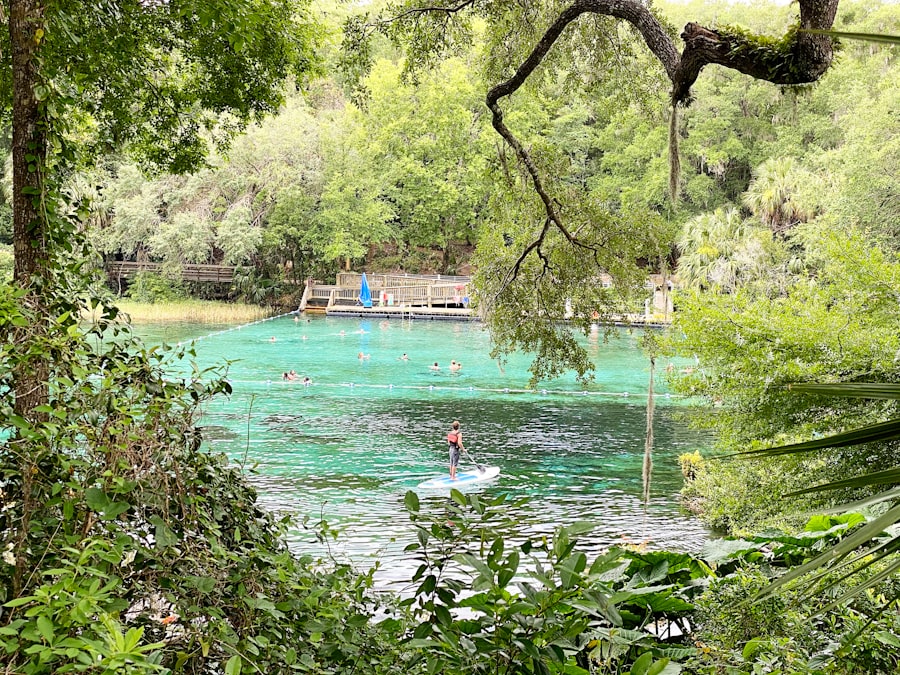
Breeding and conservation efforts play a crucial role in preserving and promoting Florida duck breeds. By selectively breeding ducks with desirable traits such as heat tolerance, disease resistance, and productivity, farmers can help maintain strong and resilient duck populations in the state. Additionally, conservation organizations and breed associations work to raise awareness about the importance of preserving native duck breeds and may offer support for breeding programs.
Conservation efforts also extend to protecting natural habitats that are important for wild duck populations in Florida. Wetlands conservation and restoration projects help ensure that wild duck species have access to suitable breeding grounds and habitats. By supporting these efforts, farmers and enthusiasts can contribute to the preservation of duck breeds in Florida.
The Future of Duck Breeds in Florida
As interest in sustainable farming practices continues to grow, the future looks bright for duck breeds in Florida. With careful consideration of breed selection, best practices for raising ducks, and conservation efforts, farmers and enthusiasts can help ensure the continued success of duck farming in the state. By promoting the preservation of native duck breeds and supporting sustainable farming practices, Florida can continue to be a thriving hub for duck farming now and into the future.
If you’re interested in learning more about duck breeds in Florida, you might also want to check out an article on PoultryWizard.com that discusses the best kind of coop for chickens. Understanding the different coop options can help you create a suitable environment for your ducks as well. You can read the article here.
FAQs
What are some popular duck breeds in Florida?
Some popular duck breeds in Florida include the Pekin, Muscovy, Khaki Campbell, and Rouen.
What are the characteristics of the Pekin duck breed?
Pekin ducks are known for their white feathers, orange bills, and calm temperament. They are also a popular choice for meat production.
What are the characteristics of the Muscovy duck breed?
Muscovy ducks are known for their unique appearance, with red wattles around the bill and a distinctive hissing sound. They are also valued for their ability to control insect populations.
What are the characteristics of the Khaki Campbell duck breed?
Khaki Campbell ducks are known for their khaki-colored feathers and high egg production. They are a popular choice for backyard egg production.
What are the characteristics of the Rouen duck breed?
Rouen ducks are known for their striking plumage, which resembles that of the Mallard duck. They are also valued for their calm temperament and good meat quality.
Meet Walter, the feathered-friend fanatic of Florida! Nestled in the sunshine state, Walter struts through life with his feathered companions, clucking his way to happiness. With a coop that’s fancier than a five-star hotel, he’s the Don Juan of the chicken world. When he’s not teaching his hens to do the cha-cha, you’ll find him in a heated debate with his prized rooster, Sir Clucks-a-Lot. Walter’s poultry passion is no yolk; he’s the sunny-side-up guy you never knew you needed in your flock of friends!

